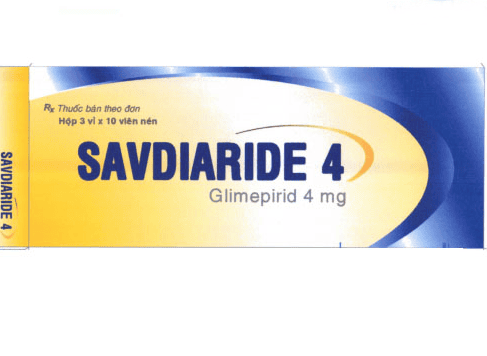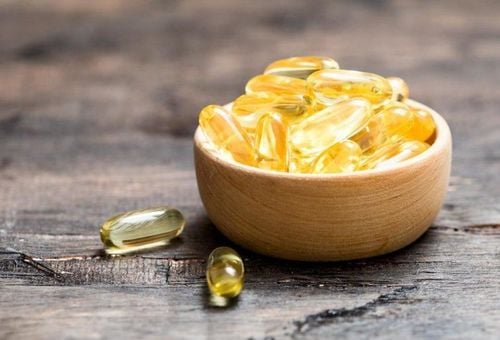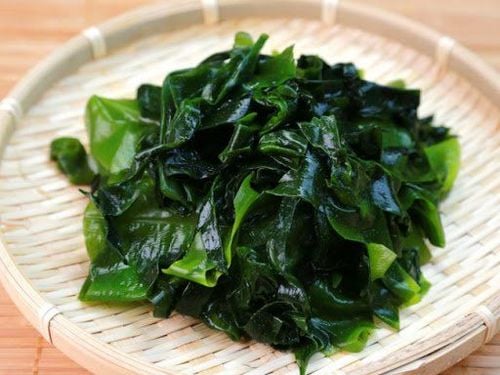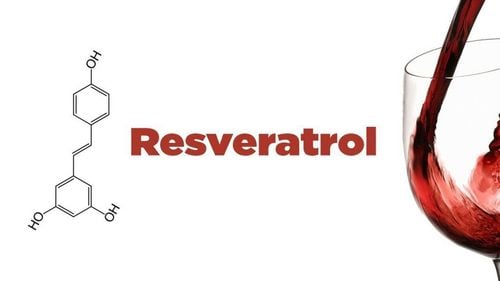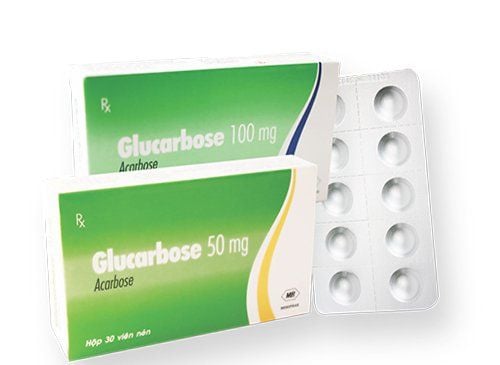This is an automatically translated article.
Seaweed is known as a type of seaweed used by Asians, especially Japanese and Koreans, to make soups or salads. In addition to the unique taste of this food, seaweed also contains a lot of nutrients necessary for health.1. A little bit about seaweed
Seaweed or seaweed is a form of algae that grows in the sea, a food source for marine life and ranges in color from red to green, brown to black. Seaweed grows along rocky coastlines around the world, but seaweed is most commonly used in Asian countries such as Japan, Korea, and China.Is it good to eat seaweed? Seaweed can be used in a variety of dishes, including sushi rolls, soups and stews, salads, supplements and smoothies. Moreover, seaweed contains high nutritional value, so a little seaweed will help a lot.
2. 7 scientifically proven benefits of seaweed
2.1. Contains Iodine and Tyrosine to help support thyroid function The thyroid gland secretes hormones to help control growth, energy production, reproduction, and repair of damaged cells in the body. Your thyroid gland relies on iodine to make hormones. Without enough iodine, the body will begin to experience symptoms such as weight changes, fatigue or neck swelling over time. The recommended dietary intake of iodine (RDI) is 150 mcg per day. Seaweed has the unique ability to absorb concentrated amounts of iodine from the ocean.What are the benefits of eating seaweed? The iodine content of seaweed varies widely and depends on the type, where it is grown, and how it is processed.
Kelp is considered one of the best sources of iodine. 3.5 grams of dried kelp can contain an iodine content 59 times higher than the RDI. Seaweed also contains the amino acid tyrosine, which is used together with iodine to make two important hormones for the thyroid gland to function properly.
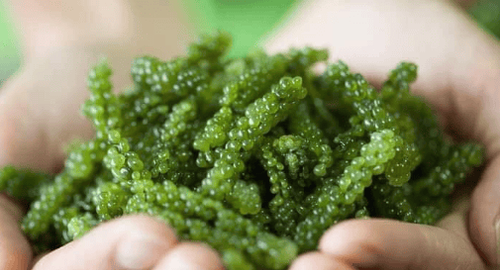
Ăn tảo biển có tác dụng gì là thắc mắc của rất nhiều người
2. 2. Good source of vitamins and minerals
Is it good to eat seaweed? Each type of seaweed has its own set of nutrients. Using some dried seaweed not only enhances the flavor of a dish, but is also an easy way to boost vitamin and mineral intake. 7 grams of dried spirulina includes the following nutrients:Calories: 20 Carbs: 1.7 grams Protein: 4 grams Fat: 0.5 grams Fiber: 0.3 grams Riboflavin: 15% RDI Thiamin: 11% RDI Iron: 11% RDI Manganese: 7% RDI Copper: 21% RDI Although seaweed may contribute only a small part of the body's supply, using seaweed as a spice one or Using as a treat twice weekly can be an easy way to add more nutrients to your diet.
Marine algae proteins, such as spirulina and green algae, contain all the essential amino acids, helping to ensure you're getting the full spectrum of amino acids. Seaweed is also a good source of healthy fats such as omega-3 and vitamin B12.
Dried blue and purple seaweed contains significant levels of vitamin B12. One study found 2.4 mcg or 100% of the RDI of vitamin B12 in just 4 grams of nori seaweed.
2. 3. Contains a variety of antioxidants
Antioxidants can make unstable substances in your body called free radicals less reactive, making seaweed less likely to damage your cells. Furthermore, overproduction of free radicals is implicated as the underlying cause of several diseases, such as heart disease and diabetes.In addition to the fact that seaweed contains antioxidant vitamins A, C and E, seaweed boasts many beneficial plant compounds, including flavonoids and carotenoids. These compounds have been shown to protect your body's cells from the damaging effects of free radicals.
A lot of research has focused on the compound fucoxanthin. These compounds belong to the main group of carotenoids found in brown algae, such as wakame, and wakame algae has 13.5 times more antioxidant capacity than vitamin E. Although the body does not always absorb fucoxanthin well, absorption can be improved by consuming it along with fat.
However, seaweed contains a variety of plant compounds that work together for powerful antioxidant effects

Tảo biển chứa nhiều loại chất chống oxy hóa
2. 4. Provides fiber and polysaccharides to help support the body's gut health
Gut bacteria play an important role, an imbalance between gut bacteria including good and bad bacteria can lead to illness and disease.Seaweed is an excellent source of fiber, which promotes gut health. Fiber can make up about 25–75% of the dry weight of seaweed. The fiber content in seaweed accounts for a higher percentage than the fiber content of most fruits and vegetables. Fiber can help the body fight digestion and instead be used as a food source for bacteria in the large intestine. Also, a special type of sugar found in seaweed: Sulfated polysaccharides have been shown to increase the growth of good gut bacteria. These polysaccharide compounds may also increase production of short-chain fatty acids (SCFAs), to provide support while helping to nourish the cells lining the body's intestines.
2. 5. Helps you lose weight
Seaweed contains a lot of fiber, and seaweed does not contain calories. The fiber in seaweed can also help you feel fuller for longer and can delay hunger.Seaweed is also considered to have anti-obesity effects. In particular, some studies have shown that fucoxanthin in seaweed can help reduce body fat.
2. 6. May reduce the risk of heart disease
Heart disease, known as the leading cause of death worldwide. Factors that increase the risk include high cholesterol, high blood pressure, smoking and physical inactivity or being overweight. Seaweed can help lower blood cholesterol levels in the body.An eight-week study fed rats with high cholesterol a high-fat diet supplemented with 10% freeze-dried seaweed. The results of the study showed that the rats had 40% lower total cholesterol, 36% lower LDL cholesterol and 31% lower triglyceride levels.
Seaweed contains carbohydrates: Fucans, which can help prevent blood from clotting.
2. 7. Reduce the risk of type 2 diabetes
Diabetes, a major health problem, occurs when your body cannot balance blood sugar over time. Seaweed has become a focus of research for new ways to support people at risk of diabetes.An 8-week study in 60 Japanese people showed that fucoxanthin can help improve blood sugar control. Participants were given a local seaweed oil containing 0 mg, 1 mg or 2 mg of fucoxanthin. A study done with people with type 2 diabetes showed that those who received 2 mg of fucoxanthin had improved blood sugar levels, compared with the group that received 0 mg.
The study also noted additional improvements in blood sugar levels in people with an inherited gene for insulin resistance, which often accompanies type 2 diabetes.
Furthermore, several other compounds found in seaweed such as: Alginate helps prevent blood sugar spikes in animals after they are fed a high-sugar meal.

Tảo biển giúp làm giảm nguy cơ mắc bệnh đái tháo đường tuýp 2
3. Possible dangers of seaweed
Although seaweed is considered a very healthy food, consuming this food may pose some risks if consumed in excess.3.1. Excess iodine Seaweed can contain very large amounts of iodine and can therefore be considered a potential health risk factor. The high iodine intake of the Japanese is considered as one of the reasons why they are among the healthiest people in the world. However, the average daily iodine intake in Japan is estimated to be 1,000–3,000 mcg (667–2,000% RDI), and poses a risk to those who consume seaweed daily, as 1,100 mcg of iodine is limited. above tolerable (TUL) for adults.
While some investigations based on case reports have been linked to iodine-containing kelp consumption and thyroid dysfunction, the results show that thyroid function returns to normal after discontinuation. consume. However, consuming large amounts of seaweed can affect thyroid function, and the symptoms of too much iodine are often similar to those of not enough iodine.
If you think you are consuming too much iodine and you may experience symptoms such as swelling around your neck or weight fluctuations, reduce your intake of iodine-rich foods.
3.2. Heavy metal load
Seaweed can absorb and store minerals in concentrated amounts, which is dangerous to health, as seaweed can also contain high levels of toxic heavy metals. Heavy metal concentrations in seaweed are generally below the maximum allowable concentrations in most countries.A recent study analyzed the concentrations of 20 metals in 8 different types of marine algae native to Asia and Europe. The results of the study found that the cadmium, aluminum and lead levels in 4 grams of each seaweed did not pose any serious health risks. However, if you consume seaweed regularly, there is a chance that heavy metals build up in your body over time.
Seaweed, an increasingly popular ingredient in cuisines around the world. It's also one of the best dietary sources of iodine, which helps support your thyroid. Seaweed is also rich in other vitamins and minerals, such as vitamin K, B vitamins, zinc and iron, along with antioxidants that help protect your cells. However, consuming too much iodine from seaweed can harm your thyroid function.
Please regularly follow Vinmec website (www.vinmec.com) to update useful health care information and leave information when you need medical advice and support!
Please dial HOTLINE for more information or register for an appointment HERE. Download MyVinmec app to make appointments faster and to manage your bookings easily.
Reference source: healthline.com



